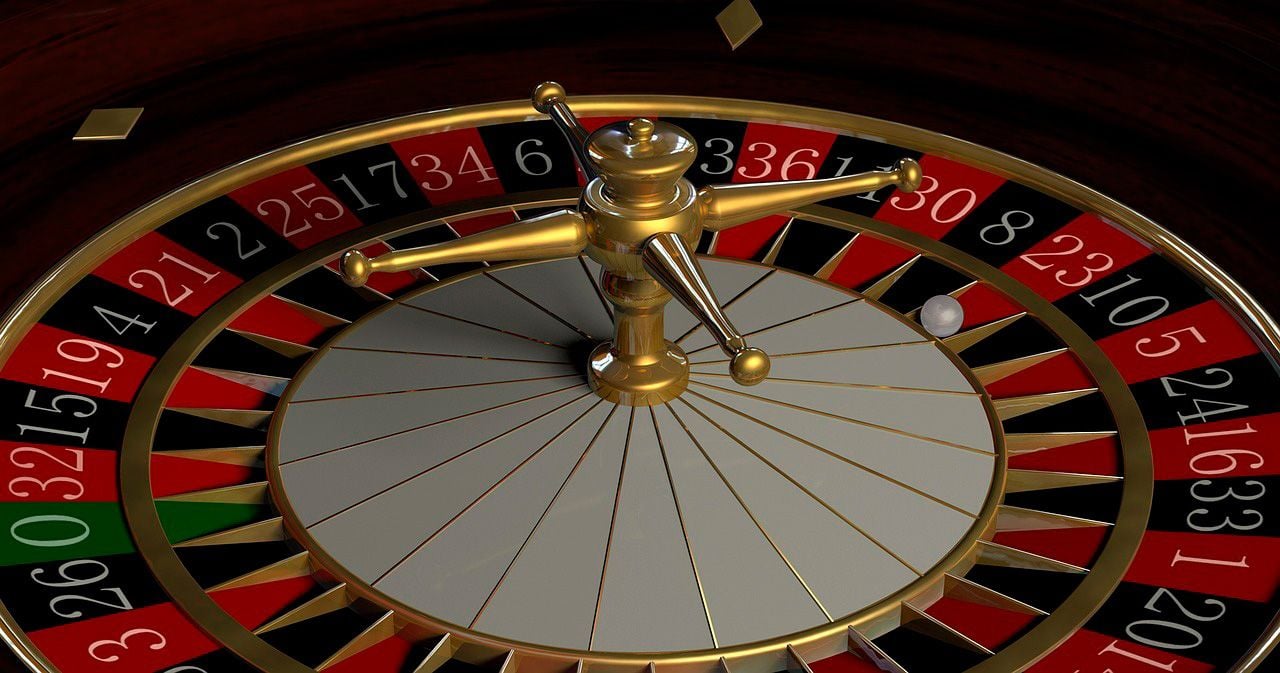
In the world of gambling, where chance and strategy meet, a unique tapestry of beliefs manifests—one that braids luck, fate, and the enigmatic nature of casino games. Casinos, bustling with excitement and anticipation, are not just spaces for placing bets; they are also arenas in which superstitions thrive. Ranging from the novice player to the seasoned gambler, these mysterious practices often shape how individuals approach the games they play, believing that their actions can affect the outcome in ways that go beyond mere probability.
As players gather around roulette wheels, blackjack tables, and slot machines, the atmosphere is thick with stories of lucky charms, rituals, and codified behavior that defy logic yet provide a sense of comfort. It could be the case that it’s wearing a specific outfit, following a particular sequence of bets, or even avoiding certain numbers, the attachment to various superstitions reflects a deep-rooted desire to control the uncontrollable. This article delves into the captivating world of casino game superstitions, exploring the beliefs that both entertain and mystify those who dare to play.
Historical Beginnings of Superstitions
Betting activities have long been entwined with an host of superstitions that go back to ancient cultures. The origins of these ideas can be connected to humanity’s fundamental wish to control the uncertain outcomes associated with luck and randomness. In ancient civilizations, activities of uncertainty were often linked to religious practices. Players would call upon favor or ask for favor from deities, believing that their actions could affect the results in their favor. This groundwork laid the basis for the multitude of superstitions that spread as gambling evolved over centuries.
During the medieval age, gambling became a popular hobby across Europe, and with it, a diverse tapestry of superstitions developed. Participants adopted different rituals and charms, believing they could change the results of games. The importance of digits, in particular, began to manifest in superstitions around card games and dice. The number seven was often considered favorable, while various numbers carried bad connotations. These beliefs mirrored the societal contexts of the time, changing as they moved through generations and transformed to new gaming environments. non UK casino
As gambling houses developed in the 17th century, particularly in Italy and the French nation, the atmosphere surrounding betting became imbued in mystery. The growing accessibility of gambling activities allowed for the expansion and diversification of superstitions among players. Concepts like charmed charms, special seating locations, and rituals gained prominence, creating a distinct culture within gambling establishments. As these customs continued to thrive, they became integral to the character of gambling activities, illustrating how history and society shape the convictions that influence how players engage with chance.
Widespread Casino Superstitions
Beliefs surrounding casino games are plentiful and varied, reflecting the hopes and fears of players as they engage in chance-based activities. One of the most common views is that specific numbers bring luck or misfortune. For example, the digit seven is often seen as a favorable digit, frequently embraced by gamblers looking for a favorable result. Conversely, the digit thirteen is routinely considered cursed, leading many gamblers to avoid it during their gaming sessions.
Another common belief relates to rituals that players believe can affect their odds. It could be blowing gently on the dice before a roll, using a particular gesture to place a bet, or even wearing specific items of attire, many people feel that these actions can sway luck in their benefit. These rituals offer a sense of control in an otherwise unpredictable environment, reinforcing the idea that fortune can be manufactured through personal beliefs and habits.
Lastly, the ambiance and atmosphere of the casino itself contributes to superstition. Many players suggest that the presence of specific symbols, such as four-leaf clovers or fortunate coins, can enhance their odds of success. Additionally, players might adhere to the notion that winning streaks can be interrupted by mundane events, such as a person passing by or a spill at the table. The shared atmosphere in a gambling house can amplify these beliefs, creating a communal culture of superstitions that transcends single experiences.
Impact of Superstitions on Players
Superstitions play a crucial role in the psychology of gamblers, often influencing their actions and choices. A lot of gamblers believe that fortune can be influenced through different rituals, such as wearing a lucky charm, choosing particular hues, or avoiding certain numbers. This dependence on superstitions can create a feeling of authority in an environment that is inherently unpredictable. Players frequently feel more self-assured and involved when they believe that their actions could sway the result of a game in their favor.
The impact of these superstitions extends beyond singular players, affecting the overall atmosphere inside the casino. For example, a player who holds the belief in the luck of a certain slot machine might draw a crowd, as onlookers are intrigued by their apparent success. This collective belief can heighten excitement and create a dynamic environment, leading to an interesting experience even for those who may not necessarily be superstitious. The buzz around certain games can lead to increased participation and extended playing sessions, supporting the casino’s lively social scene.
In some cases, superstitions can lead to detrimental effects for players. Relying too heavily on rituals can result in bad gambling decisions, as some may overlook basic strategies in favor of baseless beliefs. Additionally, the pressure to perform rituals may increase anxiety and stress levels, diminishing from the pleasure of the experience. Ultimately, while superstitions can enhance the excitement of playing casino games, they can also lead to poor choices that overshadow the fun and amusement intended in the casino experience.